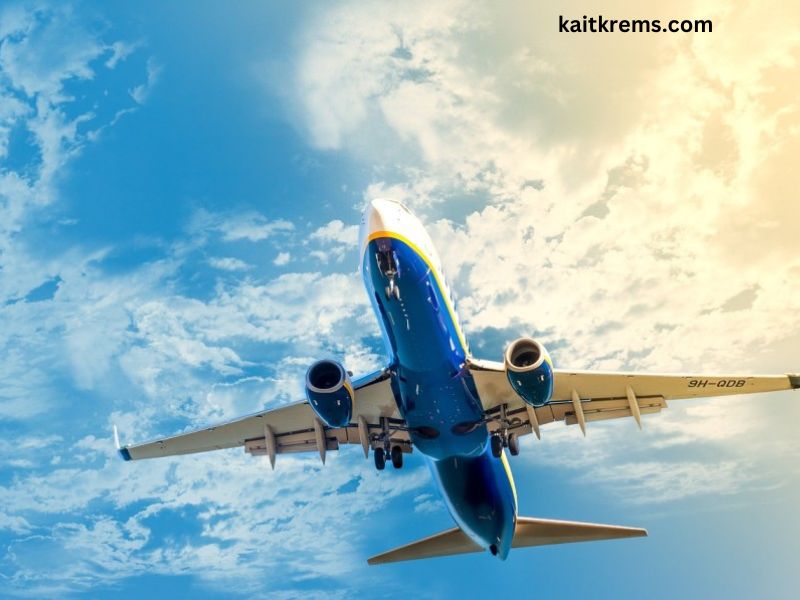Traveling abroad, whether for business, leisure, or study, opens up a world of opportunities. However, it also presents unique risks that necessitate preparation and awareness. One crucial aspect of this preparation is receiving a defensive foreign travel briefing. This article delves into the importance of these briefings, how often they should be conducted, and what they typically encompass.
Understanding Defensive Foreign Travel Briefings
A defensive foreign travel briefing is designed to equip travelers with the knowledge and tools needed to navigate potential risks in foreign environments. These briefings are particularly important for government officials, military personnel, and business travelers, but they can also benefit anyone planning to travel internationally.
Purpose of Defensive Foreign Travel Briefings
- Risk Awareness: The primary goal is to inform travelers about the specific risks associated with their destination. This includes political instability, crime rates, cultural differences, and health risks.
- Emergency Preparedness: Briefings often cover procedures to follow in emergencies, such as natural disasters, political unrest, or medical emergencies.
- Cultural Sensitivity: Understanding local customs and etiquette can prevent misunderstandings and foster positive interactions.
- Personal Security: Travelers learn strategies to enhance their personal safety, such as situational awareness and how to respond to various scenarios.
- Legal Considerations: Briefings also highlight the legal implications of actions taken while abroad, including local laws and regulations.
How Often Should You Receive a Defensive Foreign Travel Briefing?
The frequency of defensive foreign travel briefings can vary based on several factors, including the nature of the travel, the traveler’s role, and the risk level of the destination.
1. Type of Traveler
- Government and Military Personnel: Individuals in these roles are often required to undergo briefings before every foreign assignment due to the high stakes involved. Regular updates are essential, especially for regions experiencing rapid changes in political or social climates.
- Corporate Travelers: Businesses may implement their own policies regarding briefings. While some companies may require briefings for every trip, others may focus on high-risk destinations. Frequent travelers might receive more regular updates.
- Leisure Travelers: Casual travelers typically do not have formal requirements, but receiving a briefing—especially for less familiar or higher-risk locations—is advisable. Many travel agencies and organizations offer resources for general awareness.
2. Destination Risk Level
The risk level of a destination significantly influences how often briefings should occur. High-risk areas, such as those with ongoing conflicts, high crime rates, or health concerns (e.g., outbreaks of disease), warrant more frequent briefings. Travelers heading to these locations may benefit from updated briefings even days or weeks before departure.
Conversely, travelers visiting stable, low-risk areas may find that an annual briefing suffices, focusing on general safety and cultural awareness.
3. Changes in Situation
Travel advisories can change rapidly due to natural disasters, political events, or health outbreaks. As such, it is essential to stay updated on the conditions of the intended destination. Briefings should be revisited if:
- There is a significant change in the political landscape.
- New health risks emerge (e.g., a pandemic).
- Natural disasters occur.
4. Regular Updates for Frequent Travelers
For individuals who travel frequently, regular briefings—perhaps quarterly or biannually—can ensure they remain informed about global developments that may affect their travel plans. This approach helps establish a mindset of preparedness, reducing risks associated with complacency.
Components of a Defensive Foreign Travel Briefing
A comprehensive defensive foreign travel briefing covers various essential topics, ensuring that travelers are well-prepared for their journeys.
1. Current Events and Political Climate
Travelers should be aware of the current political situation in their destination country. This includes:
- Recent elections or government changes.
- Ongoing conflicts or tensions.
- Major protests or civil unrest.
2. Safety and Security Advice
Guidelines on personal safety are critical. This section may include:
- Avoiding high-crime areas.
- Understanding local law enforcement resources.
- Recommendations for safe transportation options.
3. Health Precautions
Health-related advice may cover:
- Required vaccinations and health screenings.
- Advice on food and water safety.
- Information on local medical facilities and emergency numbers.
4. Cultural Sensitivity Training
Cultural awareness is crucial to avoiding misunderstandings. This training typically includes:
- Local customs and etiquette.
- Language tips and useful phrases.
- Dress codes and behavior norms.
5. Emergency Response Plans
A well-structured emergency response plan outlines steps to take in various scenarios, such as:
- Natural disasters (earthquakes, floods).
- Medical emergencies (finding a hospital, contacting insurance).
- Political emergencies (evacuation plans, communication protocols).
6. Legal Considerations
Understanding local laws is vital. Travelers should be briefed on:
- Drug laws and penalties.
- Legal age limits for alcohol consumption.
- Customs regulations.
Conclusion
In an increasingly interconnected world, defensive foreign travel briefings play a vital role in ensuring the safety and well-being of travelers. The frequency of these briefings should be tailored to individual circumstances, with high-risk travelers receiving more frequent updates. Regardless of the travel purpose or destination, a solid understanding of risks, cultural sensitivities, and emergency preparedness is essential.
Travelers are encouraged to remain proactive, seeking information and training as necessary, to foster a safe and enjoyable travel experience. Regular briefings not only enhance safety but also enrich the travel experience by fostering a deeper understanding of the world’s diverse cultures and communities. As global travel continues to evolve, prioritizing defensive foreign travel briefings is a smart strategy for anyone venturing beyond their home borders.






